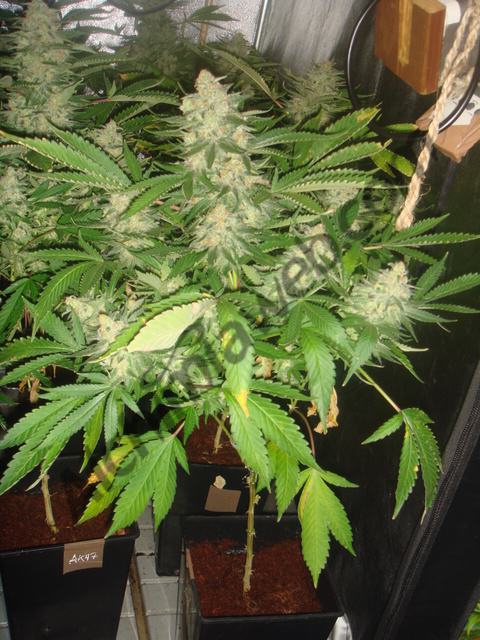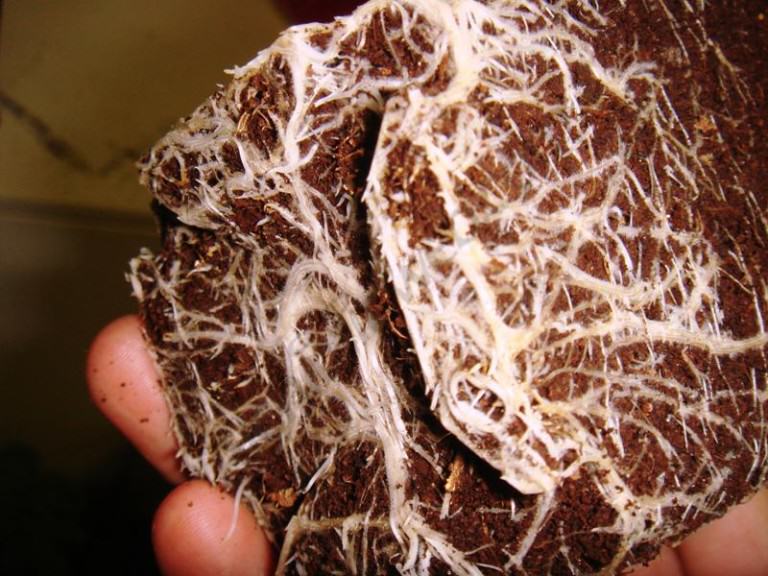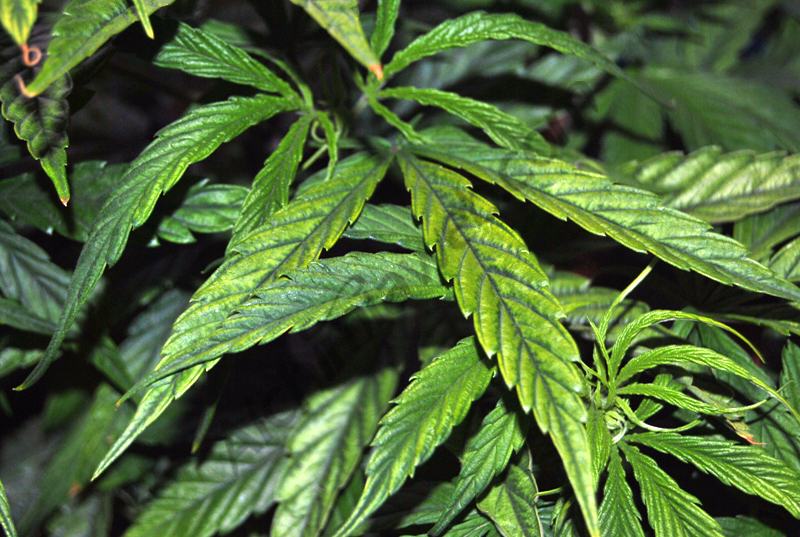Humic and fulvic acids for cannabis plants
List of contents
The use of humic and fulvic acids is becoming increasingly popular among all types of cannabis farmers, who can now take advantage of a healthy, rich and living soil that produces happy plants and therefore abundant harvests. Thanks to this substances, nutrient uptake and management are much more efficient, and root growth is simply spectacular.
Either if you're using organic soil or hydroponic systems, using humic and fulvic acids is a very easy way to ensure the best possible conditions for the roots of your plants. Indeed, it is especially recommended in hydroponic cultivation since these types of growing media do not contain nutrients nor microbial life. In this way, you get the most out of the nutrient solution that you've carefully prepared for your plants.
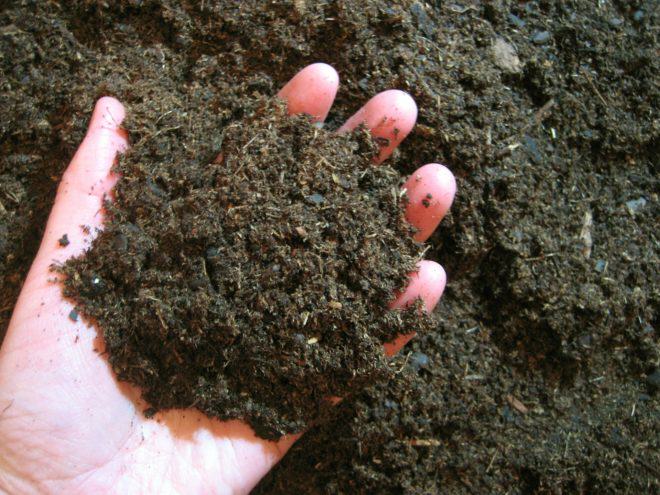
Soil organic matter
Soil is composed by many substances, some of them resulting from a transformation process of certain molecules. Among the organic components of soil, we can find living organisms on the one hand and organic matter on the other, which usually comes from chemical and microbial transformation processes of organic wastes contained in the soil.
In turn, we can divide this organic matter into unaltered material (fresh, not processed or modified) and altered material (sometimes called humus), which are byproducts physically and chemically different from the substances they come from. Sometimes, the process from which this altered material is formed is called humification.
Finally, altered material can be divided into non-humic substances (aminoacids, lipids, carbohydrates) and humic substances, which are the ones we're dealing with today. The term "humic" is generic, which means it is applied to different materials normally classified according to solubility levels:
- Humic acids
- Fulvic acids
- Humin (non-soluble humic substances)
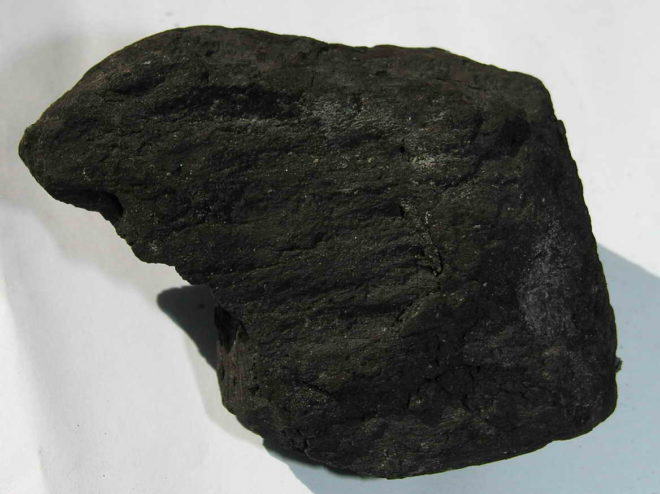
Most humic and fulvic acids on sale today come from leonardite, an earthy substance which comes from an unfinished carbonisation process. During this transformation, organic waste is compressed and heated over time, being slowly transformed into peat, then lignite, coal and finally anthracite (leonardite is formed when peat is transformed into lignite). The high content of these substances present in leonardite, as well as their high bioactivity, has put leonardite as main source of humic substances.
What are humic acids?
As a result of the breakdown of organic matter in the soil by microbial life, humic acids are dark coloured macromolecules soluble in alkaline water which have become an excellent choice to improve the properties of the soil due to their high molecular weight. At the same time, they provide better management and mobility of the nutrients available in the substrate and highly improve water retention.
Thanks to their chelating action, they adhere to micronutrients present in the growing medium and create a bond with which they are better absorbed by the roots of the plants. In this way, both the cation exchange capacity and the buffering capacity of the substrate are improved, which is translated into better plant development. They also allow for better nutrient release from the soil while highly improving micronutrient uptake, which can save many problems derived from this - often difficult to diagnose - type of nutrient deficiency.

What are fulvic acids?
Fulvic acids are humic material of yellowish colour, similar to the former although they have less carbon and more hydrogen in their molecular composition (molecular weight is then lower). They're macromolecules soluble in water (either acid or alkaline) and especially skillful when it comes to crossing the membrane of plant cells.
That's one of the main reasons why fulvic acids are often used via foliar spraying so they're quickly absorbed. However, they can also be used via irrigation mixed with your regular nutrient solution. They're ideal as fast-acting agents, being excellent root boosters.
Humic and fulvic acids for cannabis cultivation
Now that we have a much clearer idea of what exactly are these substances and how they act, it is not surprising for us that an incresing number of growers (especially professionals) has chosen humic and fulvic acids in order to reduce the amount of nutrients used and obtain better harvests. This means more income with less expenses, something that any grower seeks.
Let's summarize now the potential benefits of using humic and fulvic acids for cannabis cultivation:
- Water retention, microbial activity and cation exchange are highly increased
- Improvement of drainage and buffering capacity of the soil
- Better nutrient uptake (chelating action) and mobility, also via foliar
- Soil toxins are less available for the plants
- Plant metabolism is enhanced, being ideal for seed germination, rooting and transplants
- Enhancement of cell division, improving growth rates
- Photosynthesis is stimulated, being ideal for plants in shady areas (especially fulvic acids applied via foliar)
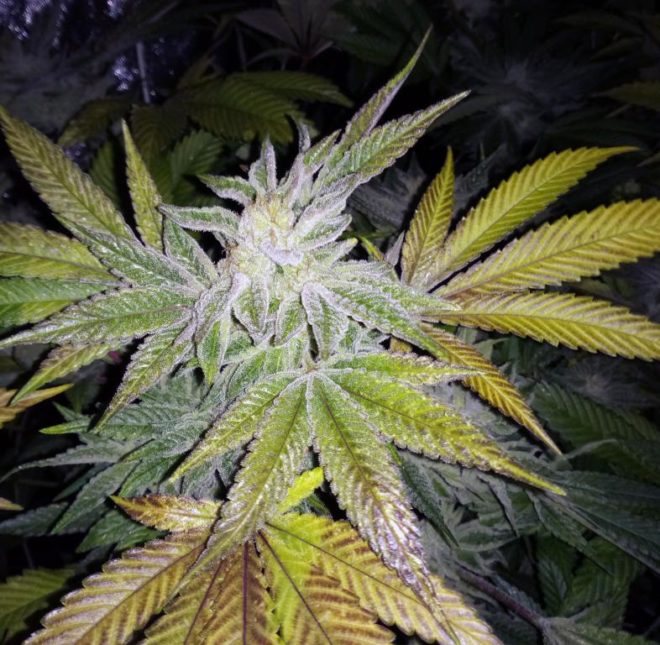
Products with humic and fulvic acids
These products can be found either in solid (ready to be mixed with water or directly in the soil) or liquid form, which must be dilluted in water. As we've mentioned, they're suitable for all types of growing media: soil, coco coir, rockwool or even soil-less hydroponic systems (aeroponics). For their characteristics, they can also be used via foliar, being highly effective.
These are some of the products containing humic and fulvic acids that you can find at Alchimia Grow Shop:
- Humic and fulvic acids by Terralba
- Blackjak by Growth Technology
- Green House Feeding Enhancer
- Vitalink Fulvic
- Aptus Startbooster
- Plagron Power Roots
- Diamond Black by General Organics
- Elycitor by Bio Technology
- Roots + by Bio Technology
As you've seen, the range of products rich in humic and fulvic acids is wide, with all types of formats and combinations with other compounds...the choice is yours! We can only recommend you to use them, they're an excellent way to complement a well balanced nutritional program and make sure that your plants are getting the most out of the available nutrients.
Happy growing!































































